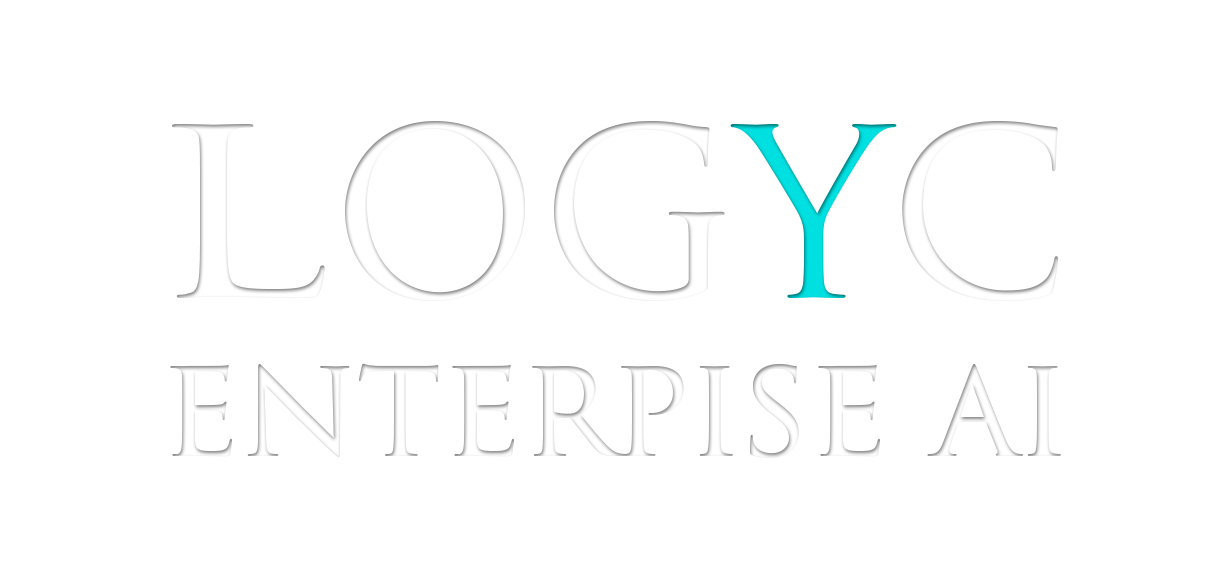Introduction
In today’s rapidly evolving business landscape, enterprises increasingly turn towards Artificial Intelligence (AI) to gain a competitive edge. This shift is prompting billions of dollars in investments and partnerships with tech behemoths like Amazon, Microsoft, Google, and IBM. These giants have poured vast resources into developing state-of-the-art data centers, positioning themselves as indispensable allies for any enterprise seeking to leverage AI technologies.
The Tech Giants’ Advantage
Amazon, Microsoft, Google, and IBM have become synonymous with advanced AI capabilities, primarily due to their substantial investments in building robust, scalable data centers. These facilities are the backbone of their AI initiatives and serve as a critical asset for enterprises lacking the infrastructure or expertise to run AI-related tasks efficiently.
- Amazon: With AWS, Amazon offers a suite of cloud services that support a variety of AI and machine learning needs, making it a go-to partner for enterprises looking to scale quickly.
- Microsoft: Leveraging Azure, Microsoft provides enterprises with a cloud platform that integrates seamlessly with AI solutions, offering powerful and user-friendly tools.
- Google: Google Cloud Platform stands out for its deep learning and AI analytics capabilities, capitalizing on Google’s extensive experience in AI and machine learning.
- IBM: Known for its pioneering work in AI with Watson, IBM offers a combination of technology and expertise that is invaluable for enterprises aiming to implement complex AI solutions.
The Cost-Efficiency Challenge
While partnering with these tech giants offers numerous benefits, enterprises often face significant challenges, particularly in cost efficiency. Running AI tasks on these platforms can be financially demanding, mainly due to AI processes’ complexity and resource intensity. This is where partnerships with specialized startups become crucial.
The Startups’ Edge: A Case for Logyc
Enterprises can significantly benefit from partnering with startups like Logyc, which are laser-focused on optimizing the costs of AI solutions. Logyc, for instance, emphasizes the efficiency of end-to-end value chains and the cost-effectiveness of the AI solutions themselves. This approach offers several advantages:
- Cost Optimization: By specializing in AI cost-efficiency, startups like Logyc can significantly reduce the financial burden on enterprises, enabling them to allocate resources more effectively.
- Tailored Solutions: Unlike the one-size-fits-all solutions often provided by larger tech companies, startups can offer customized solutions that cater specifically to an enterprise’s unique needs.
- Agility and Innovation: Startups are typically more agile and innovative, quickly adapting to the rapidly changing technological landscape and the specific demands of their clients.
Conclusion: A Balanced Approach
For C-suite executives, the path forward involves a balanced approach. While the technological might and infrastructure of giants like Amazon, Microsoft, Google, and IBM are indispensable, the cost-efficiency and innovation offered by startups like Logyc provide a necessary complement. By strategically partnering with both, enterprises can not only leverage the full potential of AI but do so in a financially sustainable manner. This dual approach will be a cornerstone for businesses looking to thrive in an AI-driven future.




